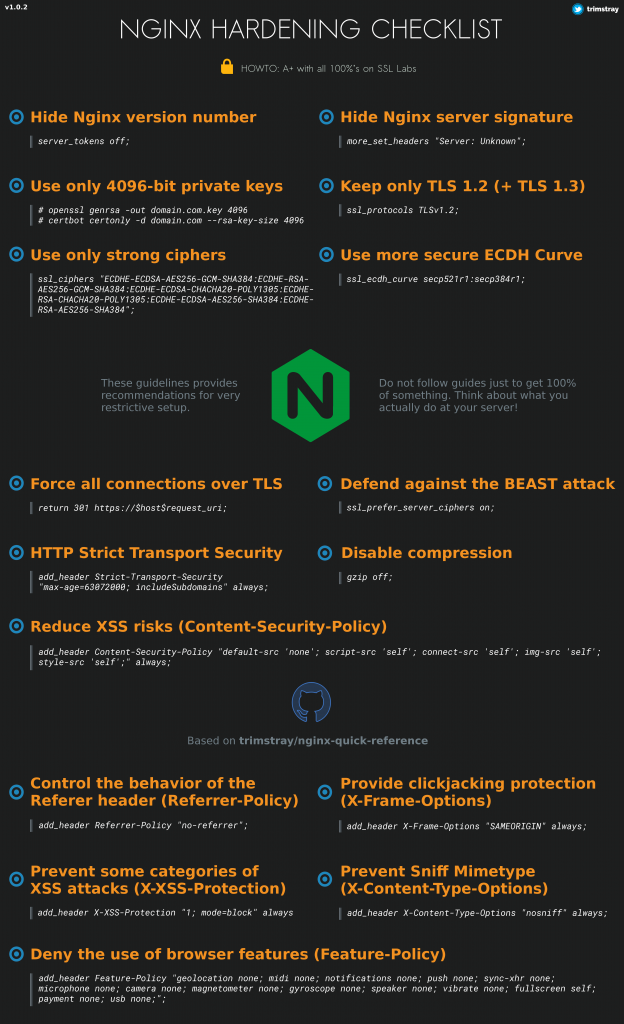Slashdot is running a story about a researcher who scanned all Australian IP addresses and found a whole bunch of things that shouldn’t be online.
As interesting as it is, this comment to the thread offers a lot more:
Pffft Only one country?
At a defcon talk in 2014 (talk [youtube.com] slides [defcon.org]) they scanned the whole IPv4 space live, looking for VNC instances. At least, anything that responded to a SYN packet.
Then they took a couple months to connect to each VNC instance, if no password was required, grab a screen shot.
Leading to a series of talks of things that shouldn’t be on the internet [youtube.com].
I am still watching the video, but even in the first few minutes, you’ll see some crazy stuff. And let me get you started with a quick quiz question: if you had 7 servers, each connected to the Internet via a 1 Gb/s link, how long would it take you to scan the whole of Internet (all IP addresses), assuming 10 ports per IP?
Well, five years it took 12 minutes only, and it was done on stage at the conference! To me, this is somewhat mind-blowing. We keep hearing how huge and enormous the Internet is. So the idea of being able to scan all of it in just a few minutes sounds insane. Today, you’ll probably need even less time, with more better broadband and hardware.
And if you are curious about the tool that the guys used, it was massscan. It’s a lot faster than nmap for this kind of jobs, even though they are somewhat compatible.
